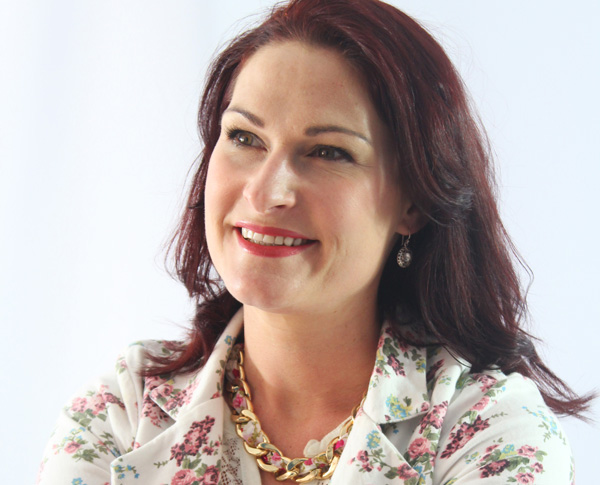
From Weighless to Weightless: The Digital Economy

By Natasja Beyleveld, Managing Director of NaMedia.
So this is a light topic. No?
The Institute of Policy Research in Washington DC already calculated in 1996 that 447 mainly American billionaires listed by Forbes magazine had a stock of wealth in excess of the combined annual income of the poorest half of the world’s 3 billion people. Now it is predicted that digital disruption is estimated to wipe out 40% of Fortune 500 firms in the next decade.
I recently read an article by Diane Coyle (Professor at Cambridge) placed in the Namibia Economist, and she brought some perspective to the challenges of regulating a digital economy: ‘you can use software code without stopping others from doing so, whereas only one person can wear the same pair of shoes’. I can give someone my access code, but not my once-off ticket. She says that “We live in a weightless world, not a global village”. I don’t feel weightless, but I get where she is going. We can not physically value things by their weight anymore; rather their contribution. Innovation, technology, and the means of transaction (and its value) has changed tremendously.
The futurist manifesto published by the magazine Wired is determinedly optimistic: “Today’s leaders entertain the possibility of a golden age in which economies are based on limitless ideas, not limited materials. They refuse to see that abundance, not scarcity, drives the future, and that widespread connection can replace widespread alienation. The optimist sees the digital society as a place of abundance, and choice.” But do they know how many people are still left without these tools?
Repeating history, this creates a new platform for alienation, if not conformation. View the series “Street Food” on Netflix. It says a lot about transforming small businesses over the past 100 years, while maintaining heritage and culture. Steve Forbes said the thrust of this new economy is more Jeffersonian. It gives power to individuals. It gives power to people. Ja boet, but some people are hugely afraid of being disrupted, and rather prefer ‘where they come from’.
All individuals face much greater economic and financial risks than was normal only 40 years ago. What has become our unique value proposition, and how does this benefit ‘the many’ and not ‘the few’ during ongoing disruption? What are the perceived values held in society, versus the unravelling of real value – now in competition via the digital economy? Fact; the digital giants have consumer data they learn from, much the same as cracking code. We are told what we need, and why we need it.
If digital creates competition for a ‘convenience economy’, we’re open to being hacked into macro-management (digital monopolies) in micro-environments. It’s getting the job done, better, faster, more productively.
This speaks to competition and access that is largely regulated but by which mindset or school of learning? Is progress more important than liberty? What has been the standard and the framework for thinking about competition policy, demand, and supply, and how is this still relevant for benchmarking and competing in the digital economy? It takes upwards of 40 years for businesses to adopt new technologies. Mind-blow-fact: the microchip in a musical greetings card contains more computer power than we had on the entire planet in 1945. And we have had clever people on earth.
Insecurity and inequality weigh heavy on the scale. But I think for the right reasons; systems can be rather weightless, but people not.
Love,
Natasja












































